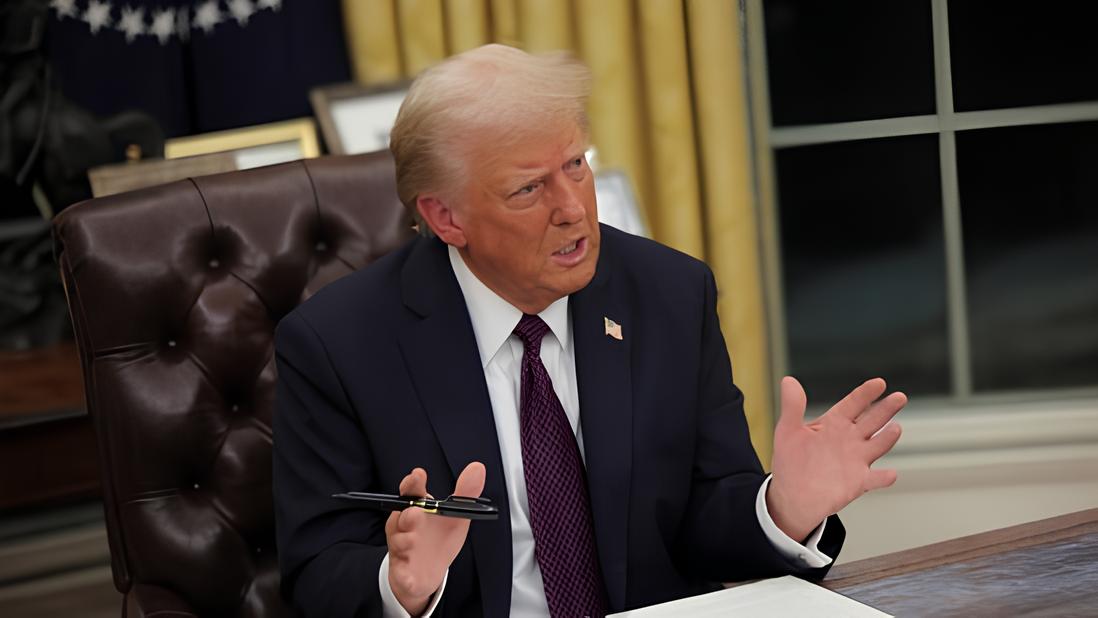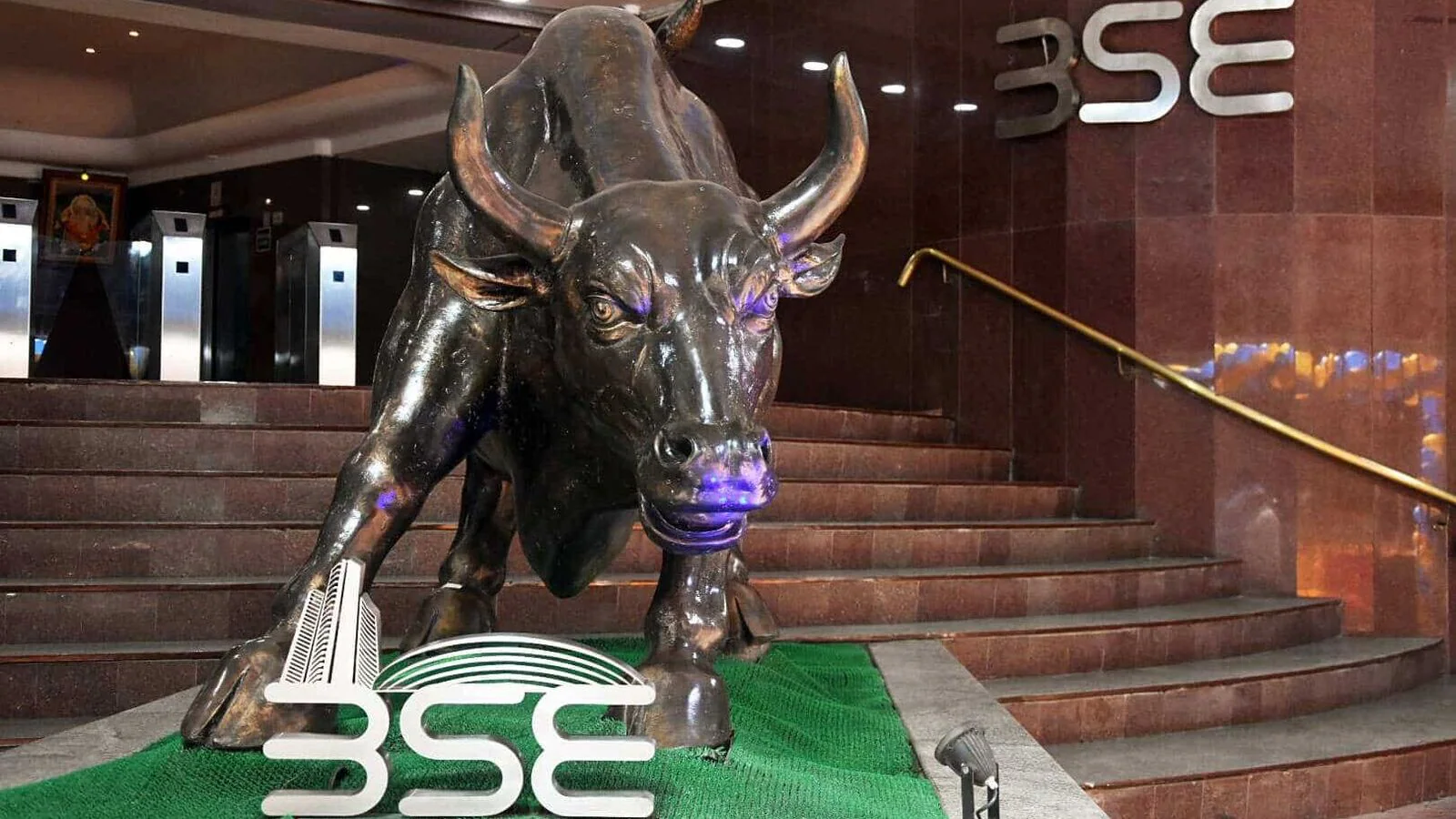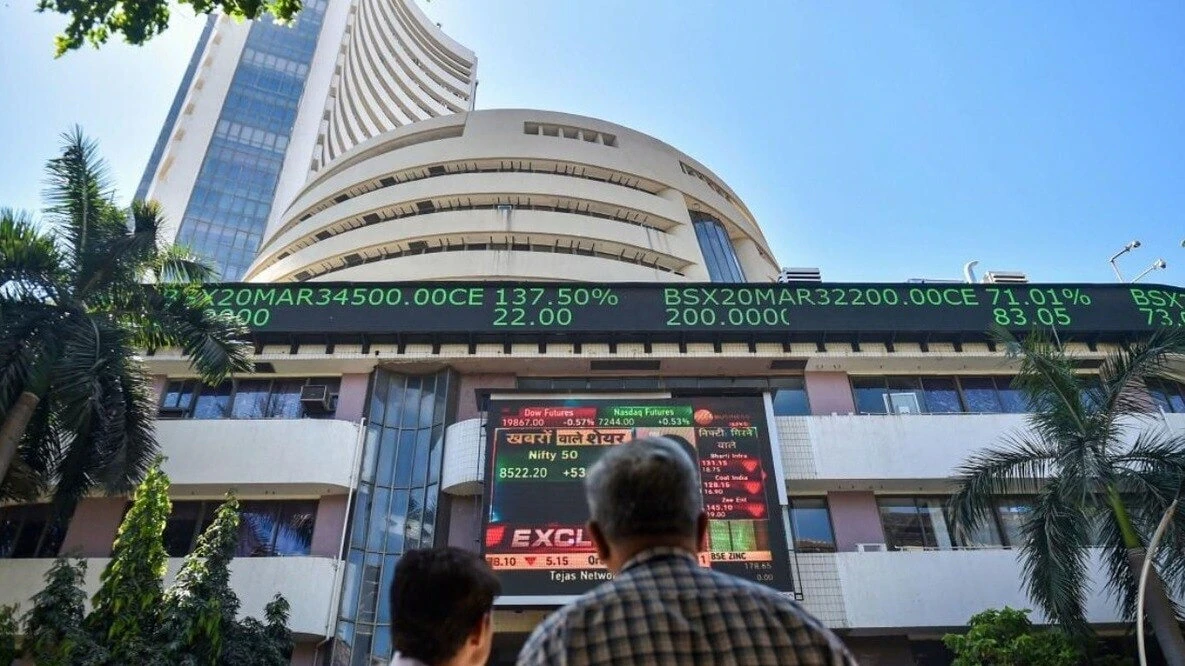How will Trump’s executive orders influence the economy?
- BySomya Bhaskar
- 22 Jan, 2025
- 0 Comments
- 3

As Donald Trump returns to the White House, he has big plans to boost the American economy. With a series of executive orders ready to go, Trump wants to increase energy production, fight rising prices, and change immigration rules. His goal is to create jobs and help the country grow, paving the way for a brighter economic future.
The orders are poised to significantly influence the economy in several ways:
1. Energy Sector Boost
Trump plans to declare a “national energy emergency,” aiming to unleash American energy by rolling back regulations on oil and natural gas production. By increasing fossil fuel exploration, he believes this will lower consumer costs at the pump and utility bills, potentially stimulating economic growth and job creation in the energy sector.
2. Inflation Control
An executive memorandum targeting inflation is also on his agenda. Trump intends to adopt an “all of government approach” to combat rising prices, which have been a major concern for voters. His administration will focus on reducing regulatory burdens that contribute to inflationary pressures.
3. Immigration Policies
Trump’s immigration policies, including deploying military personnel for border enforcement and tightening asylum processes, could impact labour markets. These actions may lead to labour shortages in certain sectors that rely on immigrant workers, potentially driving up wages but also increasing operational costs for businesses reliant on low-wage labour.
4. Trade Policy Review
While Trump has indicated he won’t impose new tariffs immediately, he plans to review trade relationships, particularly with China. This could lead to shifts in import costs and trade dynamics that may affect various industries and consumer prices in the long run.
The cumulative effect of these executive orders could create a more business-friendly environment aimed at stimulating growth. However, there are concerns about potential disruptions in global supply chains and increased costs for consumers if tariffs or other trade barriers are implemented later on. Analysts suggest that while some sectors may benefit from deregulation, others may face challenges due to labour market constraints and fluctuating trade policies.
Post a comment
Startup of the day: Kaarva
- 01 May, 2025
- 2
IRCTC Declares ₹4 Per Share Interim Dividend Amid Strong Q2FY25...
- 20 Dec, 2024
- 3
Bumble's New CEO Exits After Shares Dive 54% - Did...
- 18 Jan, 2025
- 2
Ken Enterprises Stock Slips on Market Debut
- 12 Feb, 2025
- 3
BuzzFeed launches new social media platform 'BF Island'
- 13 Feb, 2025
- 2
Categories
Recent News
Daily Newsletter
Get all the top stories from Blogs to keep track.

















